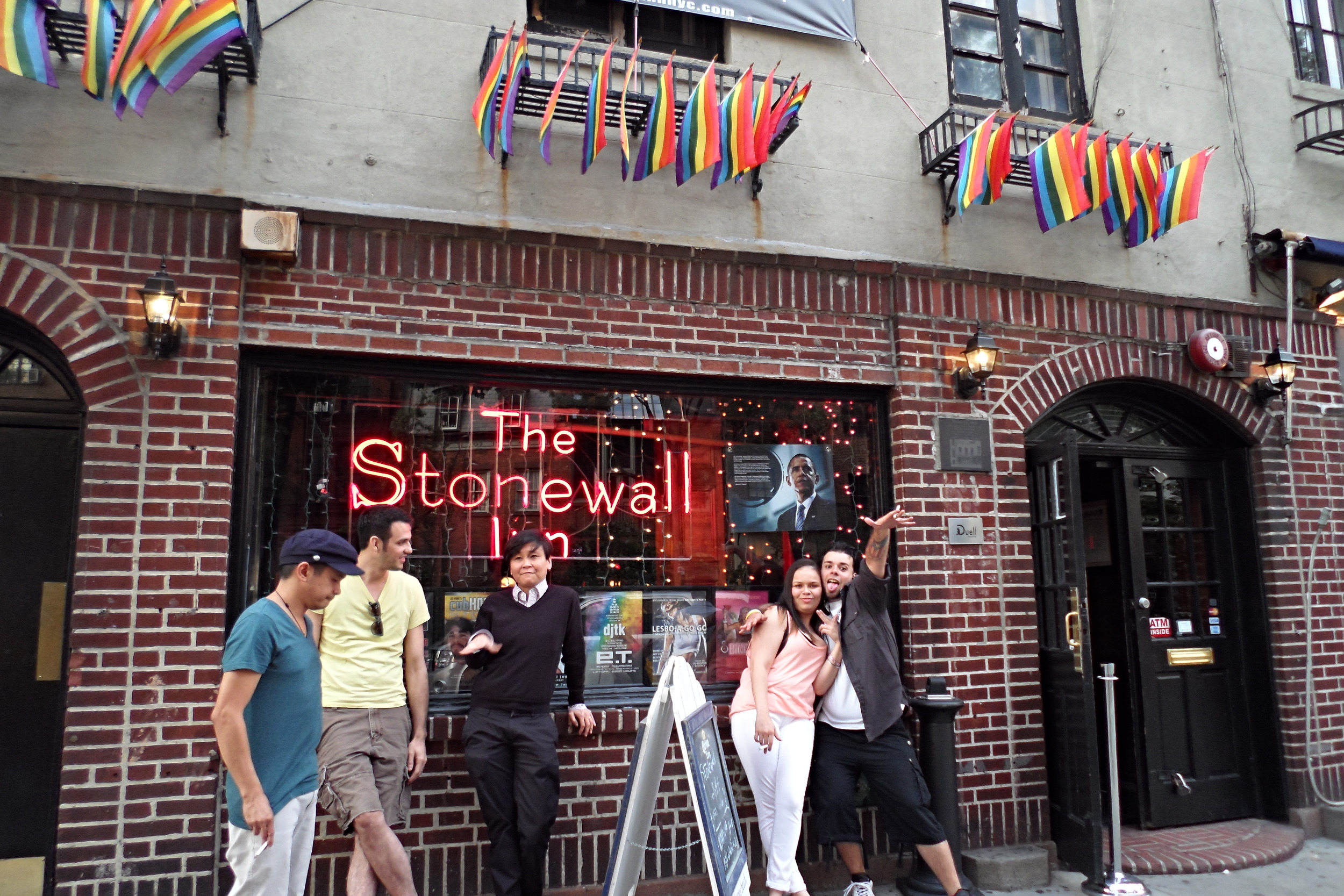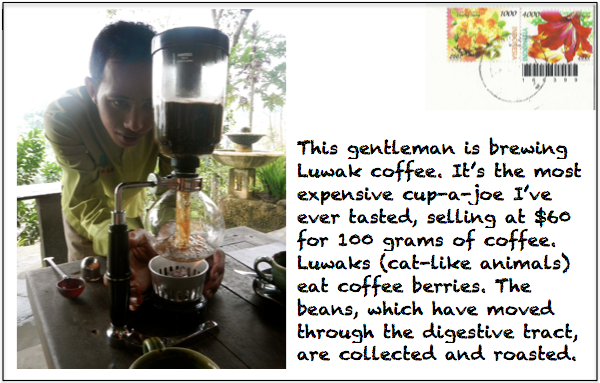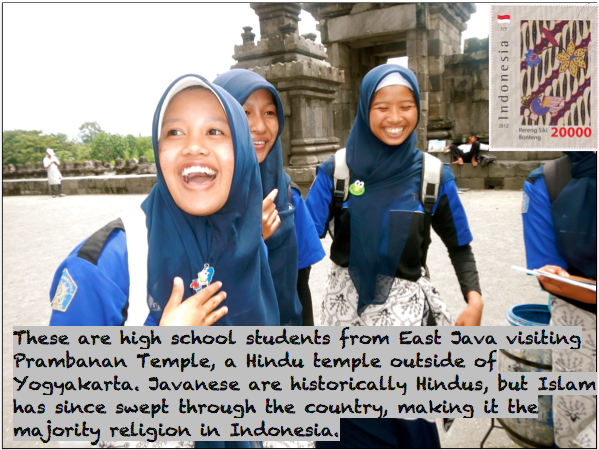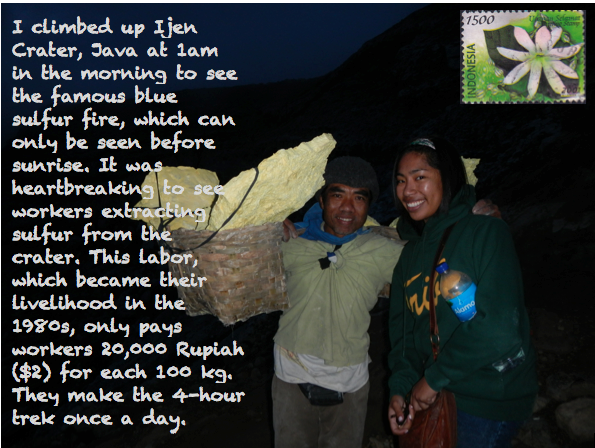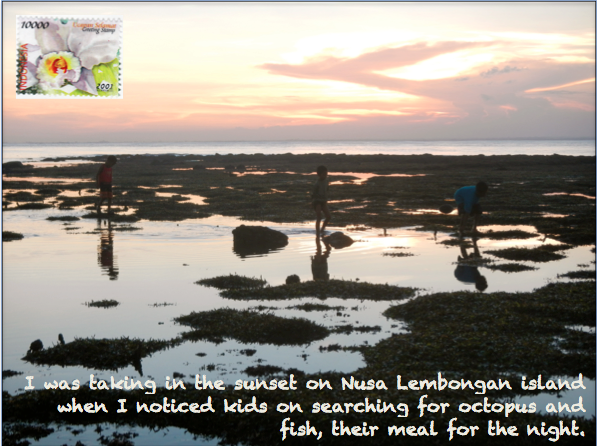Note from the Editor: Kristina London is one of UniPro’s interns for the summer. At our recent staff meeting, she delivered a speech on the “UniIssue” of the perception of homosexuality in the Filipino and Fil-Am communities. Read on to see her thoughtful take on the controversial topic along with some of her research notes.
 There are several topics that lead to heated arguments in my household, but I’m going to spare you all by listing the top 3: the general worry over my future self sufficiency, my older sister’s love life, and our differing opinions of the LGBT community. While the first two can lead to shouting matches followed by brooding until a less than satisfactory compromise is reached, the last topic is a bit more solemn and causes a lot more tension. There has been many a time where I have tried to ease my parents out of their close-mindedness but I fear the confrontation can set them further in their ways. And while it may seem like I am putting my parents in a bad light, I am simply offering them up to you as the average Filipino parent with their judgments against homosexuals. However I believe that if they took the time to understand and learn about the struggle gays and lesbians faced, it would lead to adopting a different mentality about the situation.
There are several topics that lead to heated arguments in my household, but I’m going to spare you all by listing the top 3: the general worry over my future self sufficiency, my older sister’s love life, and our differing opinions of the LGBT community. While the first two can lead to shouting matches followed by brooding until a less than satisfactory compromise is reached, the last topic is a bit more solemn and causes a lot more tension. There has been many a time where I have tried to ease my parents out of their close-mindedness but I fear the confrontation can set them further in their ways. And while it may seem like I am putting my parents in a bad light, I am simply offering them up to you as the average Filipino parent with their judgments against homosexuals. However I believe that if they took the time to understand and learn about the struggle gays and lesbians faced, it would lead to adopting a different mentality about the situation.
In the 1930s, Freud issued a statement that homosexuality was not an illness that could be diagnosed, but simply an extension of the human sexual function and therefore nothing to be ashamed of. Of course, his opinion was just one among many, and the discrimination against gays was continued. Simple things like being served alcohol or dancing with a member of the same-sex in bars was outlawed and could be used for basis of arrest. 1969 marked the movement for gay rights when several homosexuals at the Stonewall Inn in Manhattan stood up against the oppression and refused to be arrested for having a good time. This began the new era of equality, with the Stonewall Inn dubbed the ‘birthplace of gay rights.’ By the 1990s the gay rights movement was making significant progress in America, whereas it was just beginning in the Philippines. In September of 1993, gay student activists gathered together to plan a way to unite the Filipino gay community. This group of student activists later evolved into a national organization called PROgay Philippines. They went on to celebrate the first Manila and Lesbian Gay Pride March in June of 1994 to mark the 25th anniversary of the Stonewall Riots.
It has taken 25 years for gays in the Philippines to make a notable demonstration of their presence, however, this does not mean that in the 25 years prior gays went by unnoticed. If you were to Google ‘Gay Culture Philippines’ you would get multiple links to articles claiming the Philippines as the most ‘gay friendly country in the world’, ranking at number 10 out of 17 in a global survey of countries whose majorities accepted homosexuality. The survey conducted by the U.S Pew Research center found a 73% rating of acceptance in the Philippines, with China ranking at 54% and the U.S coming in at 60%. The Pew Research center found that the acceptance of homosexuality was particularly widespread if religion was less central in people’s lives. This is contradicted by other findings of the center, which reported the Philippines to have a rating of 2.5 on a religiosity scale of 1-3. So how can the country be so ‘gay-friendly?’ It turns out that the people of the country are actually most supportive of the fabulous gay entertainers on T.V. A gay male in the Philippines is considered of a completely different gender called the Bakla. They are flamboyant, effeminate men who like to dress as women. The Bakla who have more stereotypically male traits are considered masculine bakla who go into relationships with straight males just to be supported financially. Lesbians in the Philippines are considered tomboys and are thought to mostly butch. Filipinos who are gay and lesbian that happen to fall out of these stereotypes are widely rejected. What they are going through is then just considered a phase.
These set ideas of how gay people should conduct themselves have followed many Filipinos overseas, my parents included. I’ve witnessed their stereotypes of gays come to light while watching T.V. It blew their mind that the pretty girl on Glee with clichéd female interests could also be interested in females. It also made them wildly uncomfortable when I would defend the T.V character by asking them how being gay was considered a crime. Their response was to make me change the channel or lecture me on how those life choices went against Catholicism. Their main argument is that being gay changes the structure of the family. The bible has written against gay marriage because the union of a same-sex couple would be non-procreative. To raise a family and live by the Church’s ideals are the roles of man in a Catholic society and if they cannot do that then they are failing as a Christian. If I argue that same-sex couples can have children and that many do, my parents ask me if I sympathize for the children, who will grow up confused. Defending the gay community to my parents is always a stressful task because no matter how hard I try; they cannot seem to grasp my point of view. Being gay to them is a sin, and their opinions of it are highly persuaded by those of the church.
Growing up in such a conservative household, you may wonder how my own views have failed to be swayed by the church. In this new age of acceptance, I have grown up with a completely different experience than that of my parents. I am a first generation American exposed to the open views of my U.S peers. The first time I’d taken a position on the issue of the LGBT community was in middle school. In my middle school psychology class I learned that being gay was a congenital condition. That there was an augmentation in the hypothalamus in the brain that heterosexual did not have. It became clear to me that being gay was a trait one simply had, like having dark hair or freckles. People at my school slowly came out of the closet over the years and no one made a big deal, no one was harassed for it, and certainly no one was thought of any differently because of their sexual orientation.
This level of acceptance is what the leaders in the Philippines are currently working towards. In 2009, a national organization called Ang Ladlad filed to become a political party. The Commission of Elections (also known as the Comelec) denied accreditation of this party because of their ‘immoral doctrines.’ Such doctrines included support of businesses that associate with LGBTs, centers for troubled LGBTs, and the repeal of the Anti-Vagrancy law, which policemen used to extort bribes from or jail gays. Basically, they were fighting for human rights, which put the Comelec in violation of their obligation to serve and protect the rights of all Filipinos, regardless off sexual preference. In January of 2010, Ladlad was issued a temporary restraining order that would allow them to remain on the accredited party list and participate in the elections. In the Philippine city of Angeles, Ladlad was able to pass an anti-discrimination bill. Ladlad had hoped to transform the anti-discrimination bill into law in office, but unfortunately had not gathered enough votes to gain a seat in the Philippine House of Representatives. This did not mean the fight was over because in July of 2013, Dinagat Islands Rep. Arlene Bag-ao filed a bill to ban discrimination against gays and lesbians.
Even though the bill might end up just sitting in congress for a while and not be immediately acted upon, it is a representation of how far the Filipino people have come in terms of recognizing the LGBT community. The Philippine people didn’t officially start taking a stand until 1994, so the fight is still ongoing and fresh. Filipinos are slowly taking on a new perspective to empathize with the homosexuals, and I am sure that the fight will continue to evolve and progress as time goes on.

